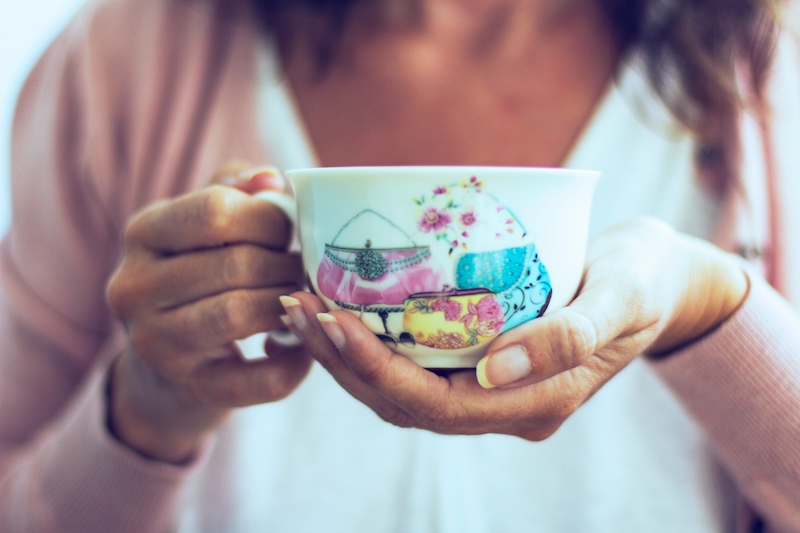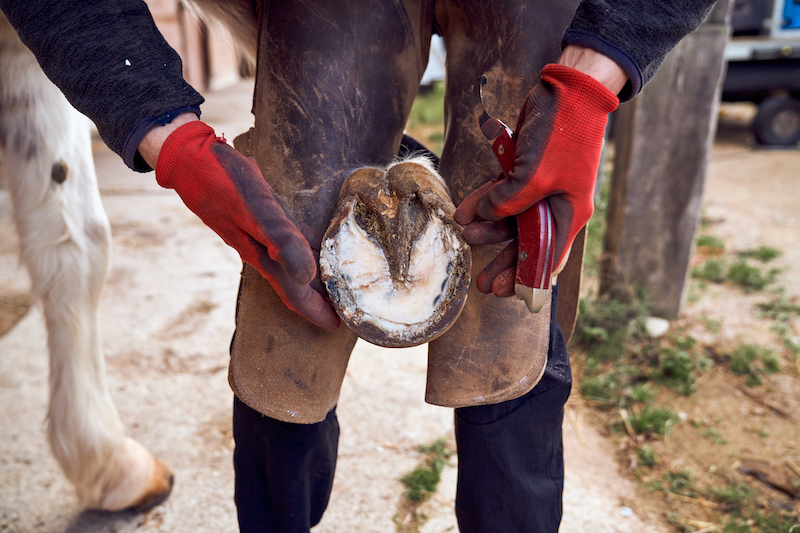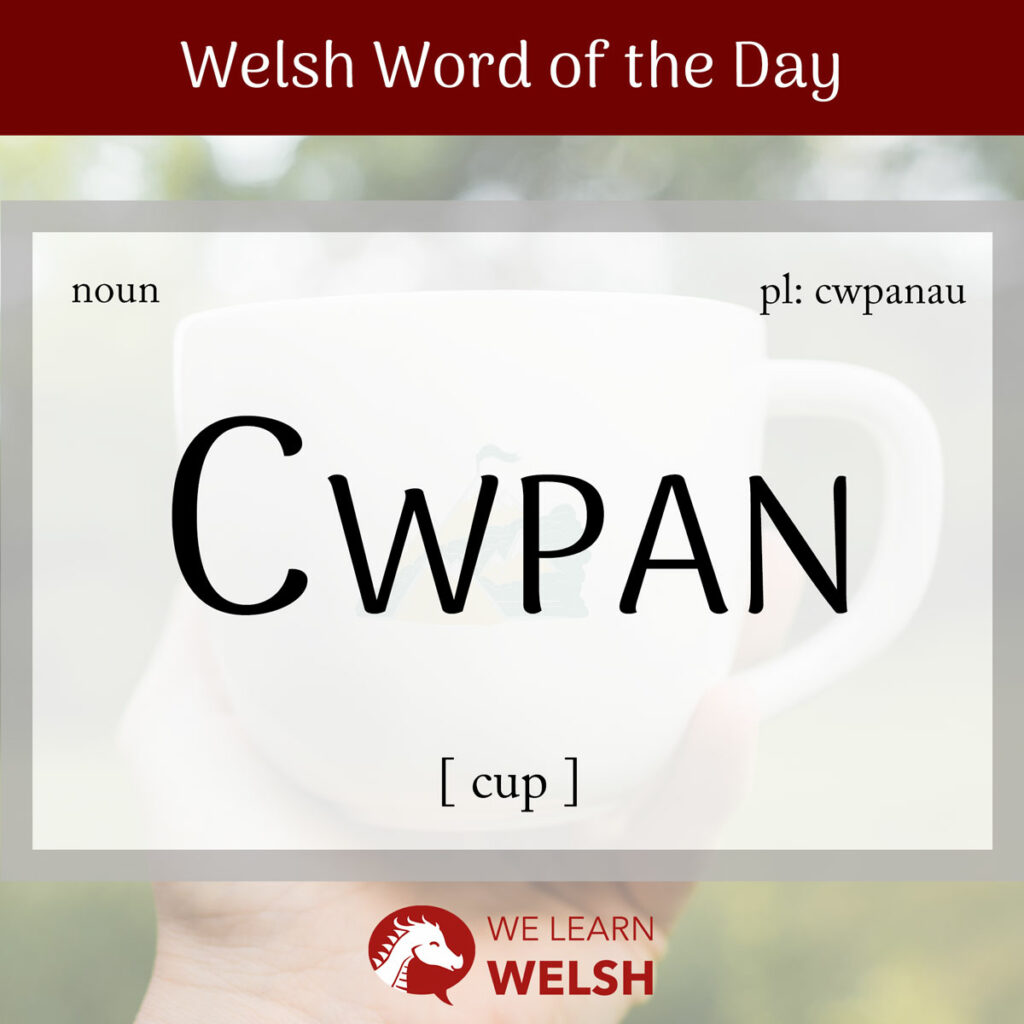In North Wales, the word for a cup, as in the kind of cup used for the nation’s favourite hot drink, is cwpan. Its plural form is cwpanau. You may also encounter the variation cwpa without the word-final n in South Wales.
cwpan
cup
The word was borrowed from the Old English cuppan, which was an inflected form of cuppe (“cup”). Let’s take a quick look at the various mutations that occur with cwpan:
Soft mutation
gwpan
Nasal mutation
nghwpan
Aspirate mutation
chwpan
The Pocket Modern Welsh Dictionary classifies cwpan as a masculine noun, meaning that it should not undergo mutation after the definite article – it would be y cwpan. However, in North Wales, it is quite common to hear y gwpan with a soft mutation, which intriguingly makes it both masculine and feminine. This regional variation is also supported by Geiriadur Prifysgol Cymru.
In South Wales, you’ll often hear cwpan used for a cup, but you might also come across dysgl (plural: dysglau), which is commonly pronounced as dish-gil. In the South West, it’s not unusual to hear the simpler dis(h) (plural: dishys or dishau). These terms have their roots in Middle Welsh dyskyl, which itself comes from the Latin disculus, a diminutive of discus. Alongside a cup, these words can also refer to a bowl, dish, plate, or platter.
Coming back to cwpan, there are various types, not all of which are cups in the traditional sense of the word:
- cwpan te / cwpan de = teacup (dysgl de in the south)
- cwpan eglwys = chalice
- cwpan glust = cup with a handle
- cwpan y fendith = cup of blessing
- cwpan cariad = loving cup / grace-cup
- cwpan wy = egg cup
- cwpan crothog = flagon
- cwpan (y) cymun = communion cup

Mae hwnnw’n cwpan te mor hyfryd.
That’s such a nice teacup.
One of the nation’s favourite sports events is the Cwpan y Byd (the World Cup). And you can bet that every Welshman will be glued to the screen for the Gêm Derfynol Cwpan y Byd (the World Cup finals) if Cymru makes the cut!
By now, you might be curious about how to refer to a cup(ful) of something or a cuppa in Welsh, since a cwpan almost always contains a drink of some kind! In Welsh, the phrase for a cup of something is cwpanaid o rywbeth, where cwpanaid combines cwpan (cup) with the suffix -aid (meaning -ful). However, this term is often shortened to simply paned, panaid or panad, leading to the familiar expression paned o de (a cup of tea). Similarly, dysgl becomes disglaid or disied o de when referring to a cup of tea.

Did you know that…
If you don’t want to say the whole expression paned o de, you’re in luck – you can simply shorten it to paned, a bit like the word cuppa in English!
T’isio paned? – Do you want a cuppa?
Below you will find the full range of dialectal variations for ‘cup of tea.’ Don’t be confused – just stick with the variation that is most common in the dialect of Welsh you are studying and learn to recognise the rest!
- cwpaned o de – Sir Gaerfyrddin / Sir Forgannwg
- paned o de – Caerdydd
- panad o de – Ynys Môn / Gwynedd
- dished o de – Sir Gaerfyrddin / Sir Benfro
- dishgled o de – Cwm Tawe / Sir Forgannwg
- disglyd o de – Rhondda Cynon Taf
Hoffwn i baned o de, os gwelwch yn dda.
I’d like a cup of tea, please.
Here are some items that usually accompany a cwpan on the table:
- llwy de / llwy fach = teaspoon
- soser = saucer
- siwg(w)r = sugar
- llaeth / llefrith = milk
- bisged / bisgïen = biscuit
Figuratively, the word cwpan once described experiences of joy or sorrow, although this usage has fallen out of favour. For example, in the Welsh translation of Richard Baxter’s 1649 book The Saints’ Everlasting Rest (translated as Tragywyddol orphwysfa ‘r saint), you’ll find the phrase emlysu y cwppan chwerw, which means “to drink from the bitter cup.”
Let’s wrap up with a fun fact: did you know that a cwpan carn ceffyl refers to the hollow part of a horse’s hoof? I certainly didn’t until doing the research!


